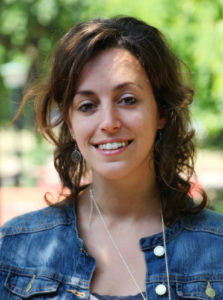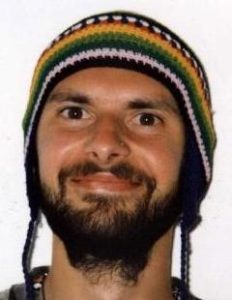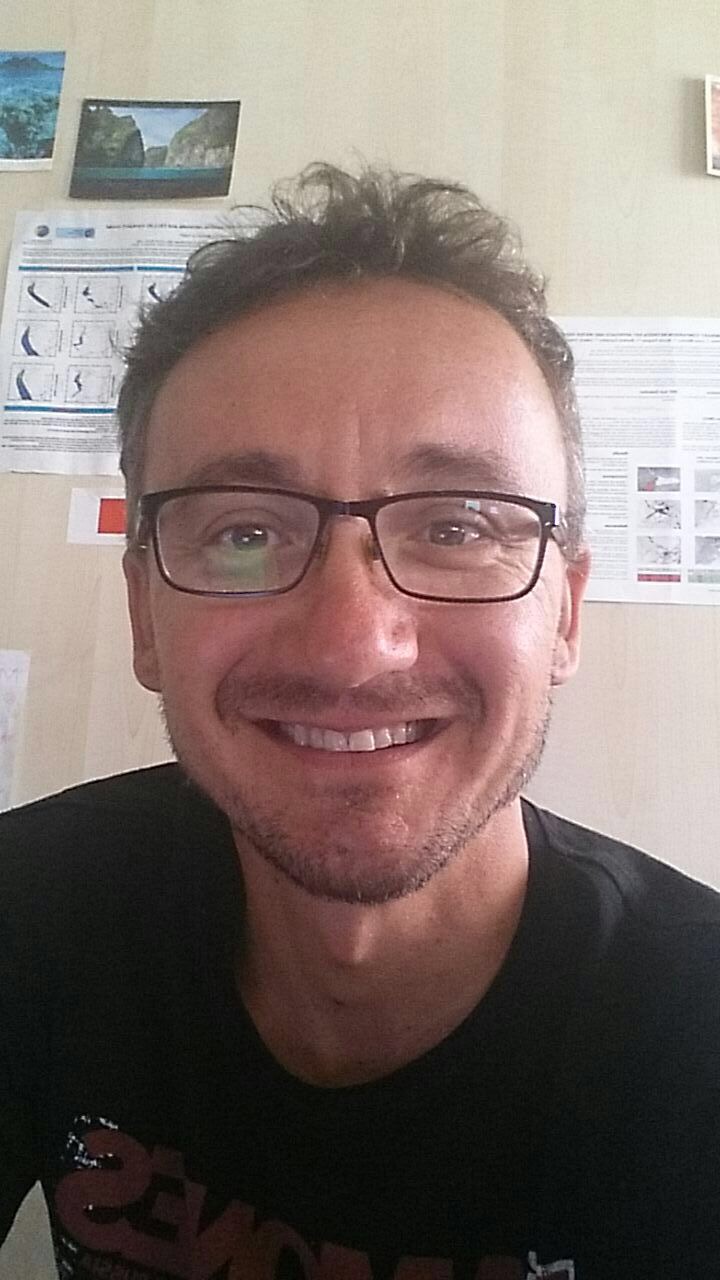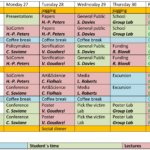Second School 2017
The (Geo)Science Communication School GCS 2017 was the result of a collaboration between researchers of the Institute of Atmospheric Sciences and Climate (ISAC-CNR), the International Centre for Theoretical Physics (ICTP) and the University of Copenhagen.
Local organization was provided by island of meetings (iom) and the school is supported by the by the European Geosciences Union (EGU), and by the AXA Research Fund.
The school was held in Castiglione del Lago (Italy) from the 27th of March to the 1st of April 2017.
Organizing committee

Rita Nogherotto, PhD
The Abdus Salam International Centre of Theoretical Physics (ICTP),
UNESCO, Strada Costiera, 11, 34151, Trieste, Italy
phone: +39 040 2240 309

Riccardo Biondi, PhD
Institute of Atmospheric Sciences and Climate (ISAC-CNR),
via Fosso del Cavaliere 100, 00133, Roma, Italy

Sarah Davies, Assistant professor
Department of Media, Cognition and Communication

Stefano Corradini, PhD
Istituto Nazionale di Geofisica e Vulcanologia (INGV),
Via di Vigna Murata 605 – 00143 Roma
Lecturers
Keynote Lecturers
- Dr. Hans Peter Peters, Department of Political and Social Sciences / Institute for Media and Communication Studies, Berlin (Germany)
- Dr. Carlos Fiolhais, Center for Computational Physics, University of Coimbra, Coimbra (Portugal)
- Dr. Laura Roberts Artal, European Geosciences Union (Germany)
Invited Lecturers
- Dr. Sarah Davies, Department of Media, Cognition and Communication, Copenhagen (Denmark)
- Dr. Chiara Saviane, Scuola Internazionale Superiore di Studi Avanzati (SISSA), Trieste (Italy)
- Dr. Visda Goudarzi, Kunstuniversität Graz, Human-computer Interaction, Graz (Austria)
- Dr. Riccardo Biondi, Institute of Atmospheric Sciences and Climate (ISAC-CNR), Rome (Italy)
- Dr. Gemma Musacchio, Istituto Nazionale di Geofisica e Vulcanologia (INGV), Milan (Italy)
- Dr. Giovanna Cultrera, Istituto Nazionale di Geofisica e Vulcanologia (INGV), Rome (Italy)
- Dr. Raffael Himmelsbach, Aarhus University (Denmark)
- Dr. Agostino Goretti, Dipartimento di Protezione Civile (DPC), Rome (Italy)
Conference program
The school has the aim of offering overview and training of scientific communication skills in all its forms. The school will treat communication not only with an “educative aim” but also with a “scientific aim”. The lecturers will therefore not only present an overview of science communication from a theoretical point of view, but also will offer practical activities on abstract/paper writing and poster editing, on proposal and report drafting, and on how to improve communication to policymakers.
The school will consist of lectures combined with the practical application of the material covered in the lectures through lab sessions about the following topics:
– How to write a scientific paper
– How to write a proposal at international level
– How to prepare a poster for conference/workshop
– How to prepare a conference talk
– Communication techniques
– Communication to general public
– Communication to students
– Communication through social networks and internet
– Communication to policymakers
– Communication through the art and laboratories
School short report
We received in total 42 registrations form 21 different countries and 4 continents.
The maximum number of possible participants was set to 25 due to the dimension of the meeting room (32 seats) and for allowing the students having the best training and support especially during the laboratories which were a consistent part of the school itself.
At the end we got 21 participants. The participants came from 3 different continents and 11 countries, specifically from Luxemburg, United States, Hungary, Italy, France, United Kingdom, Portugal, Spain, Senegal, Ireland and Germany.
Almost all the students were PhD students (17), 2 was master student, 1 post doc and 1 at higher levels.
The background of the audience was different since we had researchers with expertise in biology, science communication, oceanography, climate modeling, environmental sciences, geology, meteorology, seismology, hydrology, earth sciences, biogeosciences, medicine, nanomagnetism and agrifood and this highlights that the school was very multi-disciplinary and was interesting for different type of research institutes and private companies.
The school successfully reached the main objective to cover the scientific communication, the outreach and the dissemination to different types of public.
Another objective was reached having young, but already established scientists as lecturers, 5 lecturers out of 10 were younger than 45, 2 lecturers were younger than 36.
For providing high quality lectures: 2 lecturers are former Marie Curie Alumni, 1 is the responsible of communication of EGU and most of the lecturers are recipient of EU projects.
The course got the support and patronage of: Italian Space Agency, AXA Research Fund.
Coffee breaks, lunches and dinners were very participated and useful as networking sessions.
Several secondary activities to know each other and to establish new collaborations were also organized like the icebreaker and the excursion to the castle.
At the end of the training school we conducted an anonymous survey within the students to understand if the training school was appreciated from the scientific and logistic point of views (we asked to evaluate the school with scores from 1 to 10 and to give their comments and feedbacks).
We report here the main questions with average scores (from 1-low to 10-high)
1) How much the pre-school information/organization supported you? 8,28
2) How do you evaluate the scientific content? 7,85
3) How much do you think the Labs are important? 9,20
4) Please evaluate the effectiveness of the” General Public Lab” 7,57
5) Please evaluate the effectiveness of the “Poster Lab” 8,38
6) Please evaluate the effectiveness of the “Conference talk Lab” 7,61
7) Please evaluate the effectiveness of the “Pick the victim Lab” 6,07
8) Please evaluate the effectiveness of the “School Labs” 7,76
9) Please evaluate the effectiveness of the “Create your tool Lab” 7,85
10) How do you evaluate the logistic organization? 8,50
11) Was the logistic support sufficient during the school? 9,00
12) How important do you think the social events are? 8,35
13) Did you like the location? 8,92
14) Did you like the accommodation? 8,84
15) Did you like the coffee break food? 8,28
All the participants to the survey answered that:
- They got time enough for talking each other and networking
- The “student´s time” (presentations and poster sessions) was useful
- The registration fee was adequate
All the participants to the survey except one answered that:
- This school will be useful for their future career
- April is ok for the training school
- 6 days is the right school duration
79% of the participantswould suggest this training school to friends/colleagues next yearand 64% of the participants are planning to collaborate in future with someone known during the course.
